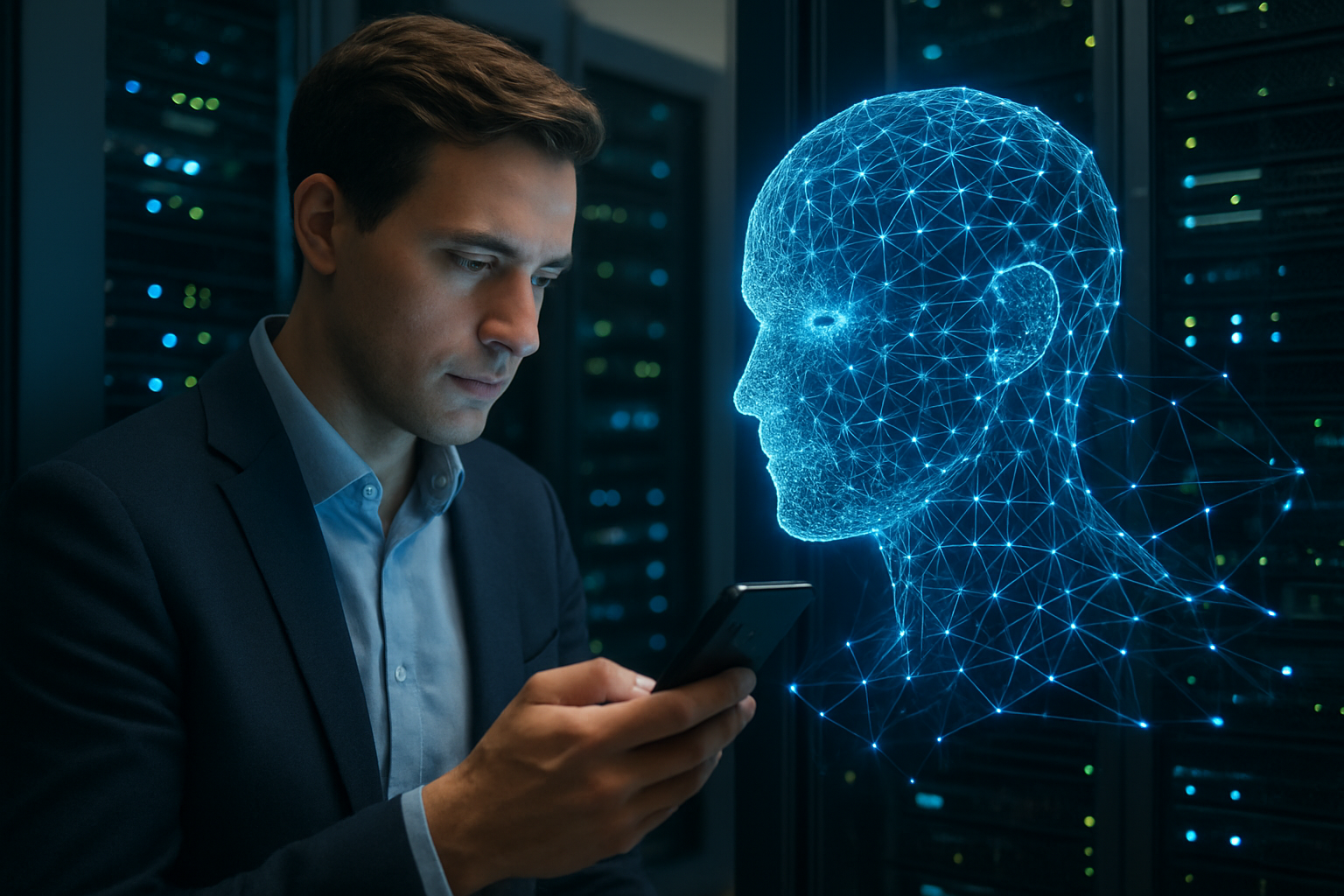Decoding the Impact of Legal AI on the Justice System
The first paragraph: The advent of Artificial Intelligence (AI) has been a game-changer in various sectors, including the justice system. It offers a fresh perspective into the analysis and application of law, promising a more efficient and accurate legal process. However, the use of AI in the justice system also raises essential questions about fairness, responsibility, and the human element in legal decisions. This article will explore the impact of AI on the justice system, its potential benefits, and the ethical and legal concerns it poses.
Introduction: Dive into the world of AI in the justice system. Discover how this transformative technology is reshaping legal processes, from research to decision-making, and the critical questions it poses about fairness, responsibility, and the human touch in law.
The Emergence of AI in Legal Sphere
Artificial Intelligence has permeated various sectors, and the legal field is not left out. Historically, the practice of law relied heavily on manual processes, such as researching case law, drafting legal documents, and reviewing contracts. However, with AI, these processes are becoming automated, resulting in improved productivity and accuracy.
AI and Legal Research
Legal research, a critical component of the legal process, has seen significant changes through AI. AI-powered tools can search through vast databases of legal documents, precedents, and case laws, providing comprehensive and accurate results in a fraction of the time it would take a human. This development allows legal professionals to dedicate more time to other aspects of their work, such as client interaction and court appearances.
AI in Decision Making
AI is also making inroads into judicial decision making. Some jurisdictions are experimenting with AI tools to assist in determining sentences in criminal cases. These AI systems analyze data from similar previous cases to provide recommendations for sentencing. This use of AI promises a more consistent and objective approach to sentencing, potentially minimizing the impact of personal biases.
Ethical and Legal Concerns
However, the use of AI in the justice system is not without its ethical and legal concerns. Key among these is the question of fairness. AI systems are trained on historical data, which may contain biases. This raises the concern that these biases could be perpetuated in AI-assisted legal decisions. Additionally, there are questions about responsibility. If an AI system makes an error, who is to blame?
Looking Ahead
The use of AI in the justice system is a relatively new development, and as such, the legal and ethical implications are still being explored. What is clear, however, is that AI represents a significant shift in the way law is practiced and applied. As the technology develops, so too must the legal frameworks that govern its use, to ensure that the benefits of AI are realized while its potential pitfalls are mitigated.
In conclusion, AI’s introduction into the justice system has the potential to revolutionize legal processes, making them more efficient and accurate. However, it is critical that these advancements do not compromise the fairness and responsibility that are fundamental to the justice system. As we continue to explore the potential of AI in law, we must also ensure that we maintain a human touch in our legal decisions, striking a balance between technological advancement and the preservation of our core legal principles.





